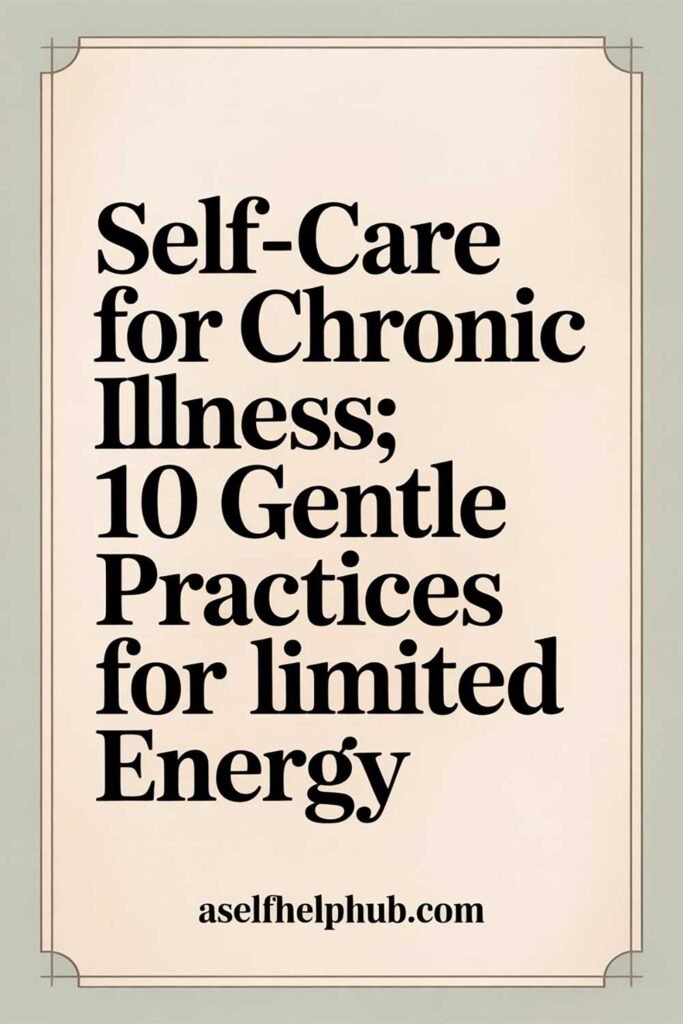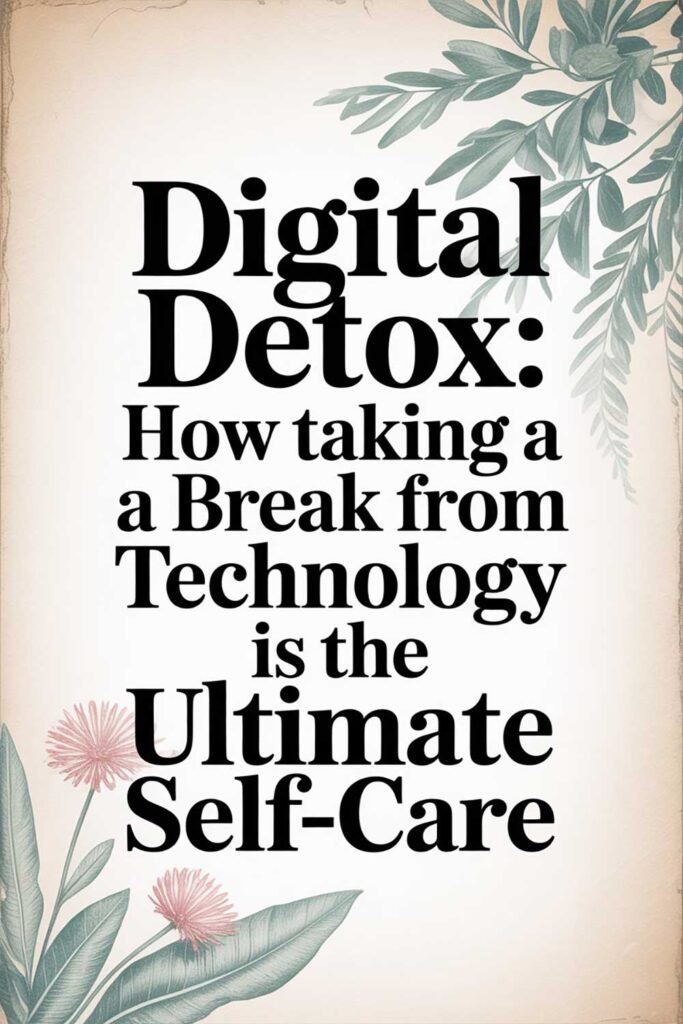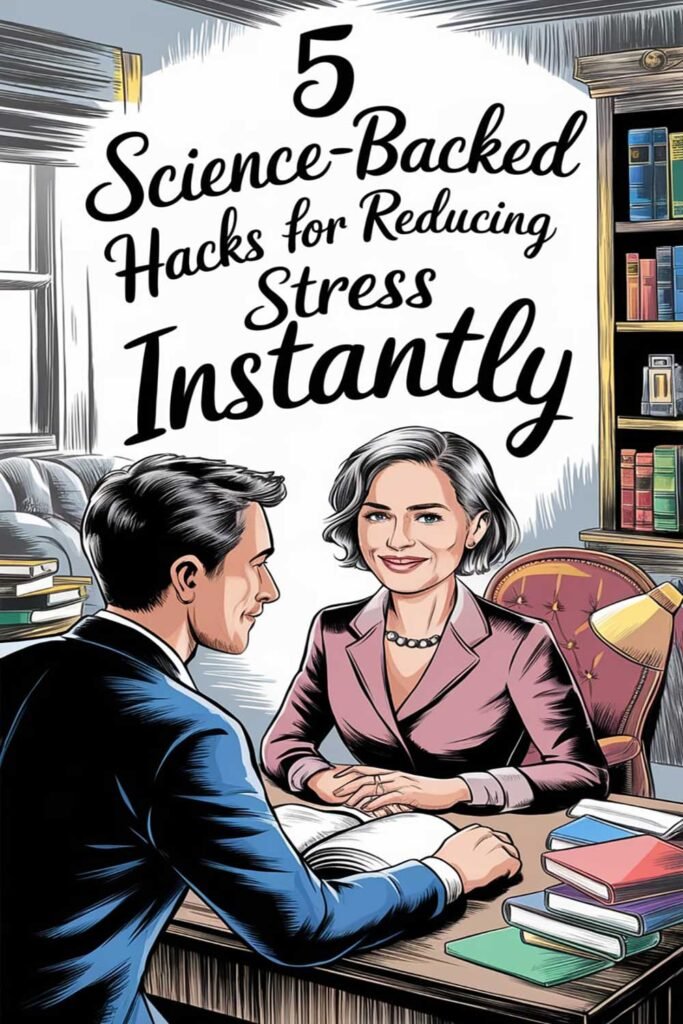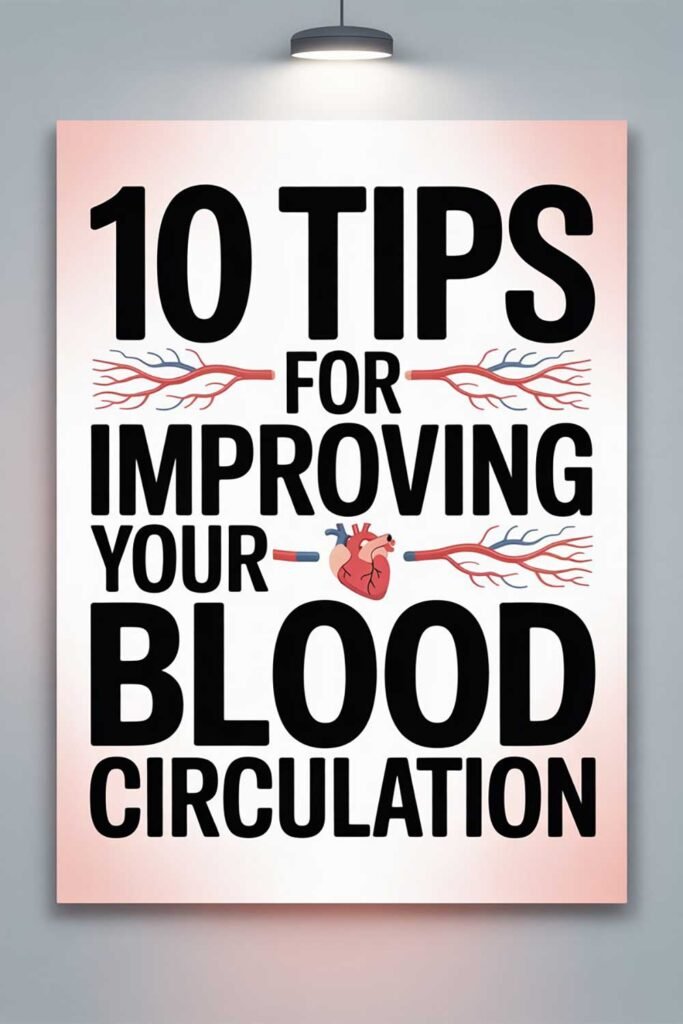13 Ways to Reduce Toxins in Your Home for Better Health
Your home should be a sanctuary of health and well-being, but many everyday household items contain hidden toxins that can negatively impact your health. From cleaning products to furniture, exposure to harmful chemicals can lead to allergies, respiratory issues, and other long-term health effects. By making small but significant changes, you can create a cleaner, healthier living environment. Here are 13 ways to reduce toxins in your home and improve your overall well-being.

1. Switch to Natural Cleaning Products
Many commercial cleaning products contain harsh chemicals such as ammonia, bleach, and phthalates that can cause respiratory problems and skin irritation. Switching to natural alternatives can help reduce indoor air pollution and keep your home toxin-free.
How to Reduce Toxins:
- Use vinegar, baking soda, and lemon juice as natural cleaning agents.
- Choose plant-based, non-toxic cleaners with transparent ingredient lists.
- Make your own DIY cleaning sprays using essential oils for added antibacterial properties.
2. Improve Indoor Air Quality with Plants
Indoor air pollution can come from dust, pet dander, mold, and volatile organic compounds (VOCs). Certain houseplants can help purify the air and remove toxins naturally.
Best Air-Purifying Plants:
- Snake plant (removes formaldehyde and benzene)
- Peace lily (absorbs mold spores and airborne pollutants)
- Aloe vera (filters out VOCs and improves air quality)
- Spider plant (helps reduce carbon monoxide and formaldehyde)
3. Avoid Artificial Fragrances
Air fresheners, scented candles, and fabric sprays often contain synthetic fragrances that release harmful chemicals into the air.
How to Reduce Toxins:
- Use essential oil diffusers instead of artificial air fresheners.
- Opt for soy or beeswax candles with natural scents.
- Make homemade air fresheners with baking soda and citrus peels.
4. Filter Your Drinking Water
Tap water can contain chlorine, lead, pesticides, and other contaminants. Filtering your drinking water ensures you’re consuming clean and safe water.
Best Water Filtration Options:
- Activated carbon filters (reduce chlorine and heavy metals)
- Reverse osmosis filters (remove bacteria, fluoride, and chemicals)
- Glass or stainless-steel water bottles (avoid BPA exposure from plastic)
5. Choose Non-Toxic Cookware
Traditional non-stick cookware contains perfluorinated chemicals (PFCs) that can release toxic fumes when heated. Switching to safer alternatives reduces exposure to harmful chemicals.
Safer Cookware Options:
- Stainless steel (durable and non-toxic)
- Cast iron (naturally non-stick when seasoned properly)
- Ceramic-coated (free from harmful chemicals)
6. Reduce Plastic Use in the Kitchen
Plastics contain bisphenol A (BPA) and phthalates, which can leach into food and disrupt hormone balance.
How to Reduce Toxins:
- Store food in glass, stainless steel, or silicone containers.
- Avoid microwaving food in plastic containers.
- Use beeswax wraps instead of plastic wrap for food storage.
7. Improve Ventilation in Your Home
Poor ventilation traps toxins inside your home, leading to higher exposure to harmful substances.
How to Reduce Toxins:
- Open windows daily to allow fresh air circulation.
- Use HEPA air purifiers to filter airborne pollutants.
- Install kitchen and bathroom exhaust fans to remove excess moisture and VOCs.
8. Use Natural Laundry Products
Many conventional laundry detergents contain optical brighteners, synthetic fragrances, and dyes that can irritate the skin and disrupt hormones.
How to Reduce Toxins:
- Choose fragrance-free and dye-free detergents.
- Use wool dryer balls instead of dryer sheets.
- Make a homemade laundry detergent with baking soda, washing soda, and castile soap.
9. Avoid Pesticides and Herbicides Indoors
Chemical pesticides and herbicides can linger in the air and on surfaces, leading to indoor exposure to toxins.
How to Reduce Toxins:
- Use natural pest control methods, such as essential oils and diatomaceous earth.
- Keep your home clean and clutter-free to reduce pest attraction.
- Grow indoor herbs like basil and mint to repel insects naturally.
10. Choose Non-Toxic Personal Care Products
Many personal care products, including shampoos, lotions, and deodorants, contain parabens, phthalates, and sulfates, which can be absorbed through the skin.
How to Reduce Toxins:
- Switch to natural or organic skincare brands with simple ingredient lists.
- Use aluminum-free deodorant and sulfate-free shampoos.
- Make DIY beauty products using coconut oil, shea butter, and essential oils.
11. Use Low-VOC Paint and Furniture
Traditional paints, varnishes, and furniture often contain volatile organic compounds (VOCs) that release harmful gases into the air.
How to Reduce Toxins:
- Choose low-VOC or VOC-free paints when repainting your home.
- Opt for solid wood furniture instead of particle board, which can emit formaldehyde.
- Use natural finishes like beeswax to seal wood surfaces safely.
12. Reduce Exposure to Electromagnetic Radiation (EMFs)
Excessive exposure to electromagnetic fields (EMFs) from electronics can contribute to fatigue, sleep disturbances, and other health concerns.
How to Reduce Toxins:
- Limit screen time and use blue-light filters on devices.
- Turn off Wi-Fi routers at night to reduce EMF exposure.
- Keep electronic devices out of the bedroom to improve sleep quality.
13. Maintain a Clutter-Free Home
A cluttered home collects dust, allergens, and toxins, making it harder to maintain good indoor air quality.
How to Reduce Toxins:
- Regularly declutter and donate unused items.
- Use a vacuum with a HEPA filter to remove dust and allergens.
- Dust surfaces with a damp microfiber cloth to trap particles instead of spreading them into the air.
Inspirational Quotes About Healthy Living
- “Your home should be the antidote to stress, not the cause of it.” – Peter Walsh
- “A healthy outside starts from the inside.” – Robert Urich
- “The first wealth is health.” – Ralph Waldo Emerson
- “Health is not about the weight you lose, but about the life you gain.” – Unknown
- “Don’t put toxic things in your home or in your body. Simple changes make a big difference.” – Unknown
- “The environment in your home is just as important as the food you eat.” – Unknown
- “A clean and toxin-free home is a happy home.” – Unknown
- “Your body thrives when your home is a place of wellness.” – Unknown
- “The small choices you make today lead to a healthier tomorrow.” – Unknown
- “Invest in your health—starting with the air you breathe and the water you drink.” – Unknown
Picture This
Imagine walking into your home and feeling an instant sense of freshness and peace. The air smells clean, your furniture and floors are free of harsh chemicals, and every product in your home is chosen with your health in mind. You breathe easier, sleep better, and feel more energized. Every small change you’ve made to reduce toxins has created a safe and nurturing environment for you and your family. How would your life change if your home truly supported your well-being?
Please Share This Article
If you found this article helpful, please share it with anyone looking to create a healthier, toxin-free home!
Disclaimer
Results may vary. Always consult with a doctor before making any health-related changes. The information in this article is for informational purposes only, and we disclaim any responsibility for its use.






